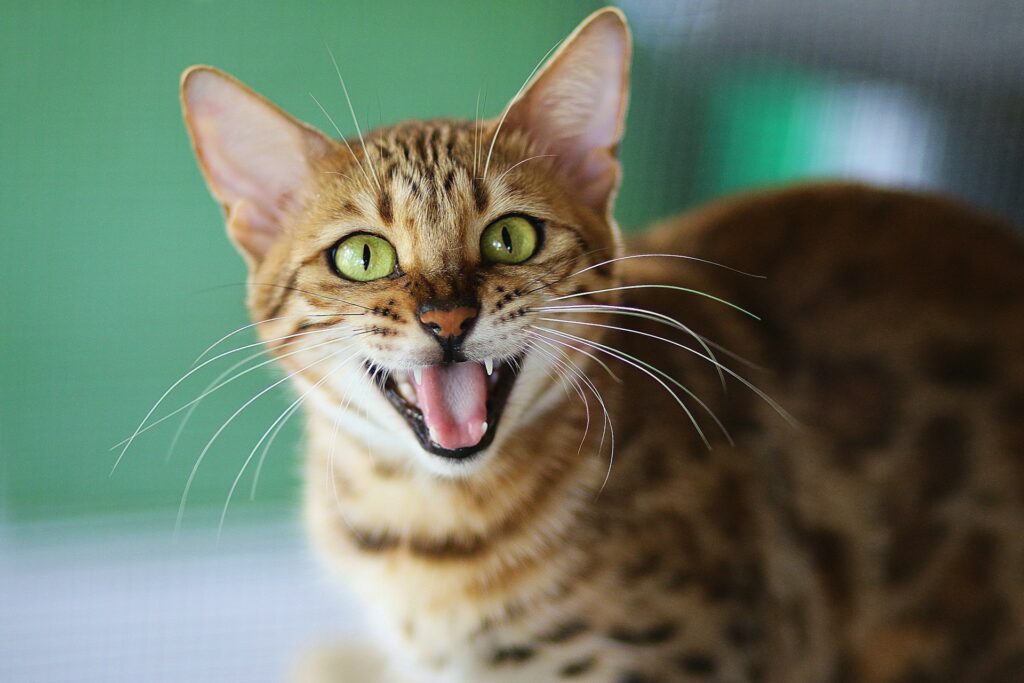
Welcoming a feline friend into your family is a joyous occasion, but it also comes with responsibilities, particularly when it comes to their health. One crucial aspect of your cat’s overall health is dental care. Just like humans, cats require regular dental attention to prevent diseases and ensure a long, happy life. This guide will provide you with essential information and practical tips to maintain your cat’s dental health effectively.
Understanding Feline Dental Health
Why Dental Health is Important
Oral health is directly connected to your cat’s overall health and well-being. Dental problems can lead to severe health issues, including heart, liver, and kidney diseases. Therefore, maintaining good oral hygiene is crucial for preventing discomfort and promoting longevity in cats.
Common Dental Problems in Cats
- Periodontal Disease: This is the most common dental issue in cats, caused by plaque and tartar buildup. It can lead to gum infection, tooth loss, and pain.
- Tooth Resorption: A condition where the tooth structure breaks down, leading to pain and potential tooth loss.
- Stomatitis: An inflammation of the mouth’s soft tissues, causing severe discomfort and difficulty eating.
- Bad Breath: Often a sign of underlying dental issues, requiring immediate attention.
Preventive Measures for Optimal Dental Health
Regular Dental Check-Ups
Scheduling regular veterinary check-ups is vital for early detection of dental issues. Your veterinarian can provide professional cleanings and assessments to keep your cat’s mouth healthy.
Brushing Your Cat’s Teeth
While it may seem daunting, brushing your cat’s teeth is one of the most effective ways to prevent dental disease. Here’s how you can do it:
- Choose the Right Tools: Use a cat-specific toothbrush and toothpaste. Never use human toothpaste, as it can be harmful to cats.
- Get Your Cat Used to the Process: Start by letting your cat taste the toothpaste, then gradually introduce the brush by gently rubbing it along their gums and teeth.
- Establish a Routine: Aim to brush your cat’s teeth daily or at least several times a week to maintain oral hygiene.
Diet and Nutrition
Your cat’s diet can significantly impact their dental health. Consider these dietary tips:
- Dry Food: Crunchy kibble can help reduce plaque buildup, but it should be part of a balanced diet.
- Dental Treats: Specially formulated dental treats can aid in cleaning teeth and freshening breath.
- Water Additives: These can be added to your cat’s water bowl to help reduce plaque and tartar.
Signs of Dental Problems
Recognizing the Symptoms
Being aware of the signs of dental issues can help you seek timely veterinary care. Look out for:
- Bad breath (halitosis)
- Red or swollen gums
- Difficulty eating or loss of appetite
- Excessive drooling
- Pawing at the mouth
- Bleeding from the mouth
- Loose or missing teeth
What to Do If You Notice Symptoms
If you observe any of these signs, consult your veterinarian promptly. Early intervention can prevent minor issues from developing into more severe health problems.
Professional Dental Cleaning
Understanding the Procedure
Professional dental cleanings are essential for maintaining your cat’s dental health. During this procedure, your veterinarian will:
- Conduct a thorough examination of your cat’s mouth.
- Remove plaque and tartar using specialized tools.
- Polish the teeth to slow down future plaque buildup.
- Perform dental X-rays if necessary to identify underlying issues.
Frequency of Professional Cleanings
Most cats require professional dental cleanings once a year, but the frequency may vary based on your cat’s individual needs and predisposition to dental disease. Your veterinarian will recommend the appropriate schedule for your pet.
Creating a Stress-Free Dental Care Routine
Making Dental Care a Positive Experience
Dental care doesn’t have to be a stressful experience for you or your cat. Consider these tips to ease the process:
- Stay Calm and Patient: Your cat can sense your emotions, so remain calm to help them feel at ease.
- Use Positive Reinforcement: Reward your cat with treats or affection after each successful teeth-brushing session.
- Start Slow: Introduce dental care gradually, allowing your cat to become accustomed to the routine.
Conclusion
Maintaining your cat’s dental health is a crucial aspect of responsible pet ownership. By understanding the importance of dental care, recognizing the signs of dental issues, and implementing preventive measures, you can ensure your feline friend enjoys a happy, healthy life. Regular veterinary check-ups, a balanced diet, and a consistent dental care routine will go a long way in keeping your cat purring with contentment.
Remember, a healthy mouth is the foundation of a healthy cat. With this guide, you are now equipped with the knowledge and tools to take proactive steps in managing your cat’s dental health effectively. Embrace this opportunity to strengthen the bond with your furry companion through attentive care and love.
#ChatGPT assisted in the creation of this article.







